Cannabis in New Jersey
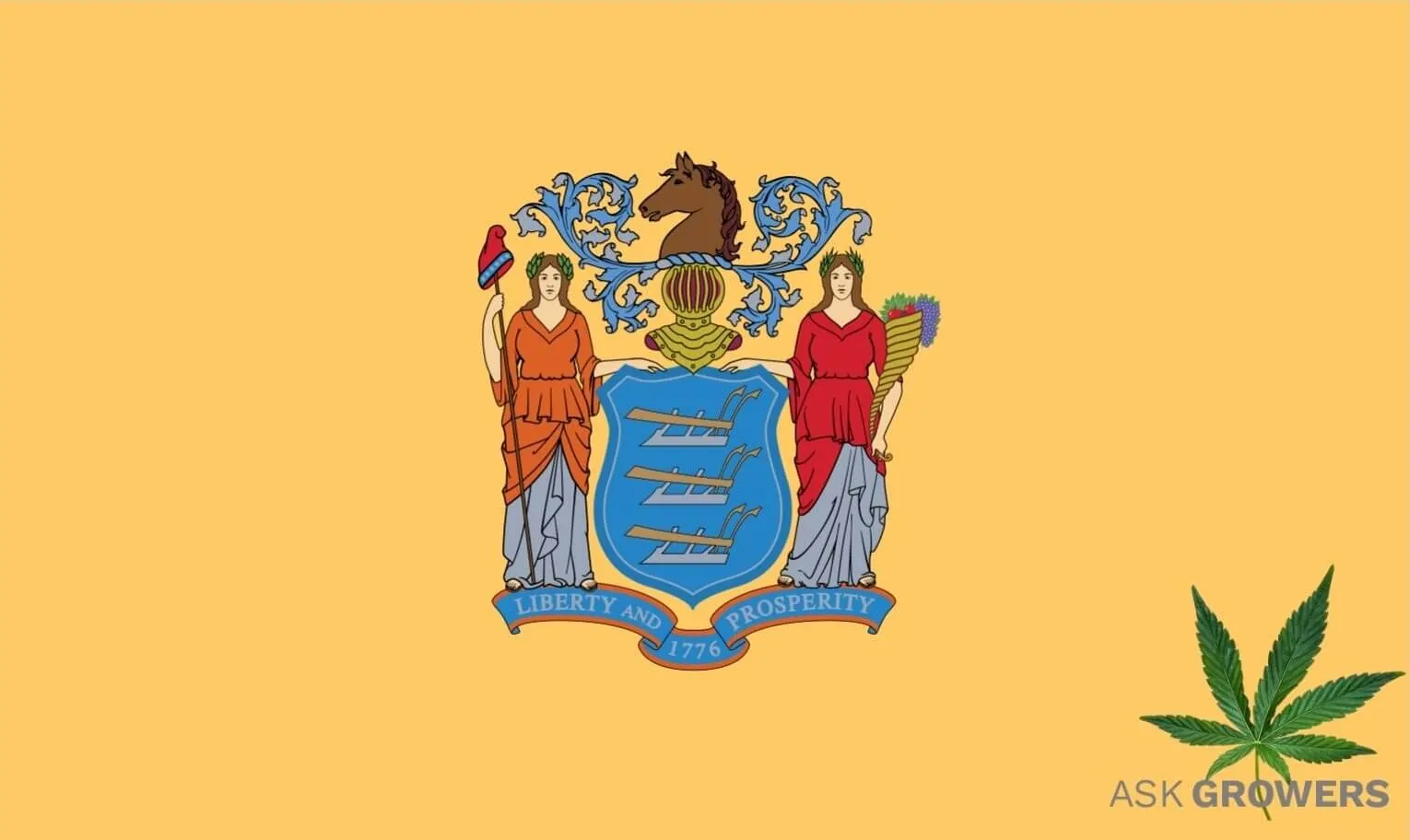
- Is Weed Legal in New Jersey?
- Buying Marijuana in New Jersey?
- Cannabis Consumption in New Jersey
- Taxes on Marijuana in New Jersey
- New Jersey Medical Marijuana Card
- Transporting Marijuana in New Jersey
- Exporting Marijuana
- Growing Marijuana
- Licensing for Growers, Manufacturers, Processors, Retailers, Etc.
- Sources
Recreational marijuana legalization is one of the burning topics in New Jersey. It is obvious because its proximity to New York, which hasn’t made weed legal yet, makes the state a lucrative market for cultivators. Legalizing cannabis and anticipating a great number of potential consumers, New Jersey can offer great opportunities for growers and expect large recreational sales.
For citizens and visitors of New Jersey, the post explains all nuances of how to possess and consume the product safely.
Is Weed Legal in New Jersey?
New Jersey (NJ) granted safe access to medical weed in 2010 and became the 14th state in the nation to make pot legal for patients. That was a great date thanks to the then state governor who signed the act into law on his last day of office. In November 2020, the amendment to the constitution that legalized recreational marijuana was approved.
What is next? Cultivation rules, possession limits, and sales regulations are currently unknown and yet to be set. Technically, cannabis is legal, but the progress on this matter is expected only in 2021.
The medical marijuana (MMJ) program has seen considerable development since the first medical dispensaries appeared here in 2012. MMJ retail stores are called in NJ as Alternative Treatment Centers (ATC). They operate for qualified patients. However, the industry is small even after 10 years of cannabis legalization because the state established strict rules and prohibitions for this business. Also, there are limits on hemp growth and the number of operating dispensaries.
Buying Marijuana in New Jersey?
Qualified patients 18 and older can buy medical hemp from state-licensed ATCs. Before an ATC gets a license, it undergoes a complex and long process with regular surveillance and inspection into its daily operations. Medical weed also goes through meticulous quality control with each strain being thoroughly tested. There are not more than 20 ATCs around the state. Addresses of cannabis shops in state.
According to the rules, weed retail stores can determine the operating hours on their own. Most ATCs close at 6 p.m.
The process of cannabis recommendation is also complicated. Only the most in need MMJ patients can obtain weed. The purchase cap for each patient is determined by physicians and can vary. The maximum recommended dose is 3 oz./85 g for a monthly period. Cannabis is packaged and sold in 1/4 and 1/8-ounce denominations. Buyers will be asked to provide their MMJ card and an NJ ID.
New Jersey has allowed hemp delivery to registered patients because of the coronavirus pandemic to keep patients home. The orders are carried out only by ATC employees. Each delivery has to mount a lockbox in a vehicle and have a GPS tracking system installed by the government so that the car cannot deviate from the route.
Read Also: Guide To Buying Cannabis
The possession and purchase limits for recreational weed are still forthcoming (the anticipated possession limit is 6 oz./170 g for people 21 and older). The delivery opportunities are yet to be established as well. More information is expected in 2021.
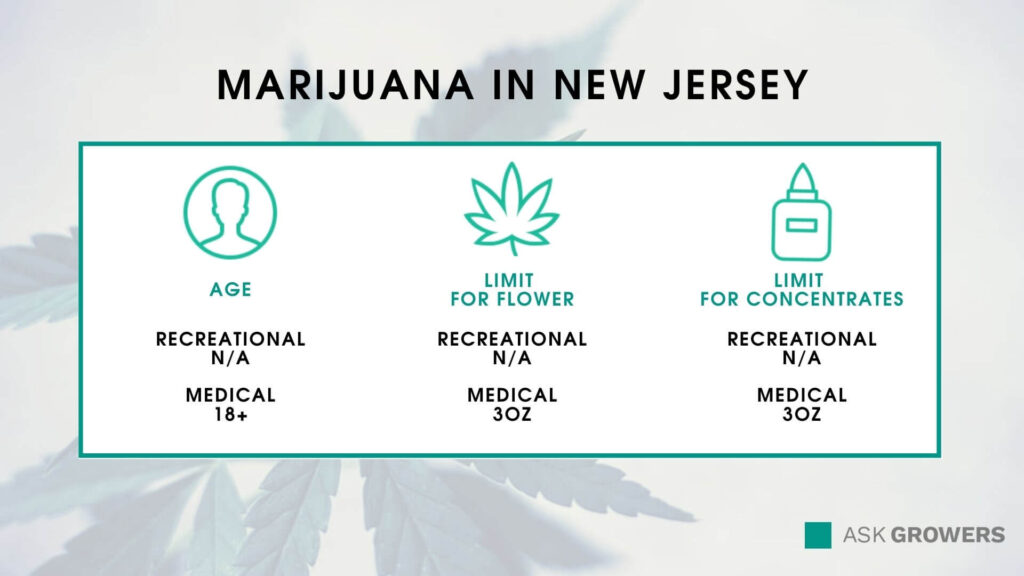
Cannabis Consumption in New Jersey
Approved patients can consume pot in their private residences or on any private land (for example, in the backyard) out of sight of the public. Hypothetically, cannabis can also be used in a parked car because the marijuana laws forbid drivers from smoking only in a “moving” vehicle.
Hemp consumption is banned:
- in a vehicle which is in operation;
- in any place that disallows tobacco smoking;
- on school grounds, in school buses;
- in correctional facilities;
- on beaches;
- in recreational centers;
- on federal lands (This restriction is very strict and results in prosecution under federal jurisdiction.);
- in any public place.
The regulations for recreational pot are not available yet.
The range of products for sale is not wide. New Jersey focuses mainly on state-approved strains with such allowed forms as oils, topicals, flowers, edibles, and oral lozenges. Due to pot legalization, more products are expected to come to the stores.
Taxes on Marijuana in New Jersey
The state has worked out a program on reducing a sales tax on medical weed, and it should be implemented within a couple of years. Originally, customers paid a 6.6% tax. In January 2020, the tax was reduced to 4%. In 2021, hemp products will be taxed at 2%. In 2022, all marijuana sales will face no tax.
The system for recreational hemp taxation is under construction.
New Jersey Medical Marijuana Card
Until recently, only qualified patients were allowed to possess and consume marijuana in the state. To get an MMJ card, individuals should apply for the program and get registered.
New Jersey doesn’t support reciprocity. This means that MMJ non-residents cannot buy cannabis in the state’s dispensaries, but they are granted the same allowances and protections in regard to marijuana consumption and possession as home-state patients. The weed legalization laws can change the situation and implement these features in the MMJ program in the future.
Until new regulations are out, the list of medical conditions is still very strict, the registration process is quite hard, and only limited doctors are willing to recommend weed to patients.
How to Get a Medical Marijuana Card in New Jersey
MMJ cardholders should follow some steps to obtain a medical marijuana card. There are some rules that explain the registry process.
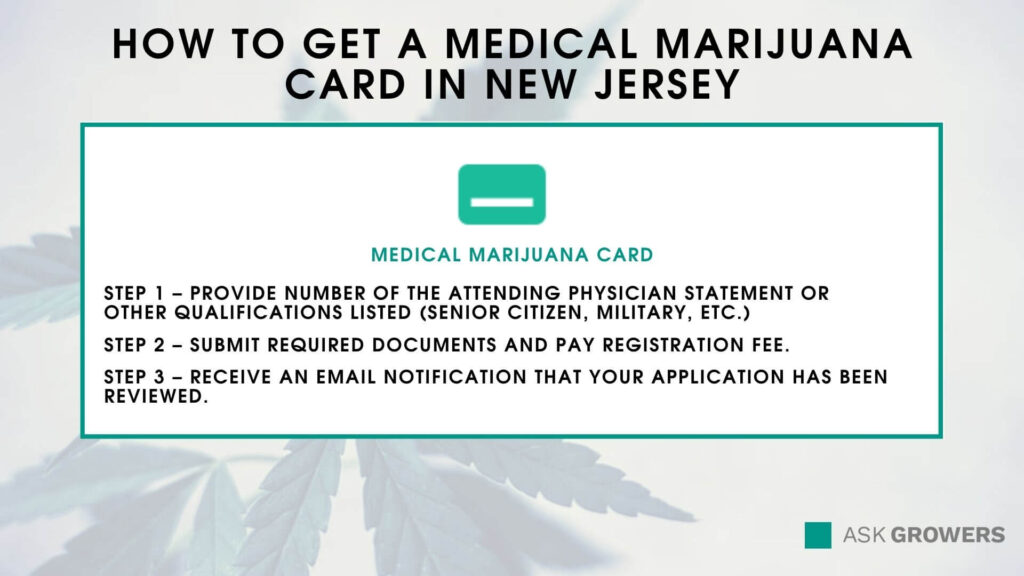
Diseases
New Jersey has a very strict MMJ policy, and the number of qualifying conditions is limited. The state Department of Health allows patients with the following diseases to get medical cannabis:
- terminal cancer or other terminal illness with less than a year to live;
- post-traumatic stress disorder;
- inflammatory bowel disease;
- glaucoma;
- Lou Gehrig's disease;
- opioid use disorder;
- Tourette syndrome;
- intractable skeletal muscular spasticity;
- multiple sclerosis, amyotrophic lateral sclerosis;
- dysmenorrhea;
- muscular dystrophy;
- seizure disorder;
- HIV/AIDS;
- anxiety;
- Crohn’s disease;
- migraine.
If patients have chronic pain, vomiting, severe nausea, if they are intolerant or resistant to conventional therapy, or if they are on hospice care, they can be qualified and registered with the program.
Patient qualifications
To become a registered patient with the Medicinal Marijuana Program (MMP), you should be an NJ resident and diagnosed with any of the debilitating qualifying conditions. It is necessary to establish a bona fide relationship with your health care professional. This means, the relationship has existed for at least 1 year, or the doctor has assessed the patient on a minimum of 4 visits.
Patient registry process
To obtain an MMJ card, New Jersey patients must:
- plan an appointment with a physician who is licensed to recommend “controlled dangerous substances”. Since most doctors in the state are against weed treatment, it can be hard to find a professional;
- get certification from a doctor with a recommendation for the MMJ therapy;
- register with the state program, fill in an application form and submit all paperwork to the Department of Health. The requested documents are your recent photo, an ID, or another proof of NJ residency;
- pay the registration fee ($100 for average patients and $20 for seniors and veterans).
After your application is approved, an MMJ card will be sent in the mail. The registration period is valid for 2 years, and patients need to recertify their cards annually. The renewal process requires a doctor’s assessment each time.
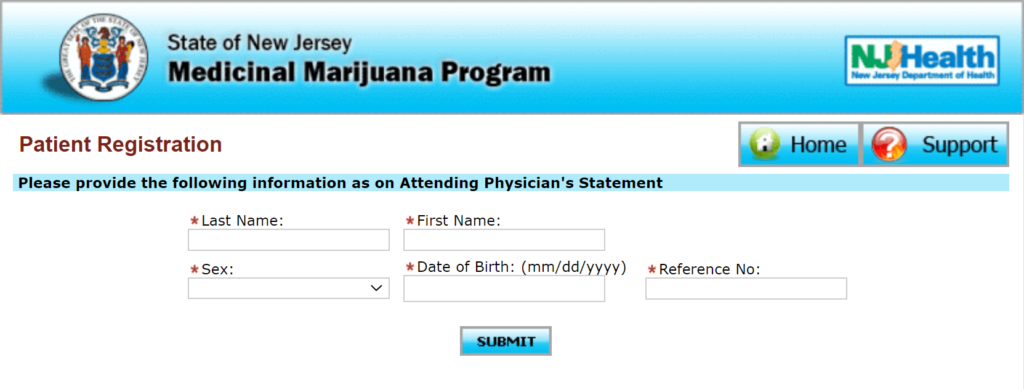
Caregiver qualifications
The approved patients with written medical consent can designate 1 or 2 caregivers aged 18 or older who will aid them in cannabis consumption. Caregivers should be NJ residents and have no prior drug felony offenses. They can serve only 1 patient at a time. The patients’ physician cannot act as their caregiver.
If a new caregiver is designated, patients must obtain a new MMJ card that will include the updated information.
The caregivers should also register with the program and go through the same procedure as the patients. They must provide their ID, recent photo, proof of NJ residency, and pay the same registration fee. Legal guardians and parents of minor patients are exempt from fee charges.
Transporting Marijuana in New Jersey
New Jersey is one of the leading U.S. states in arresting people for weed possession and transportation, so it is recommended for patients and caregivers to transport and drive with hemp products only when it is an urgent need.
When patients transport medical cannabis, it should be kept in its genuine labeled package or in a sealed box out of reach of the driver. The best way to store it is the backseat or the car trunk. The patients should keep their MMJ card on hand to provide it to the police if needed.
Cannabis consumption in a moving vehicle will be charged with DUI fines. The rule is valid for both drivers and passengers. The driver will be charged even if a passenger next to him/her is lighting up.
This is a bad idea to drive under the influence of cannabis since it puts a lot of people at risk and can lead to a car accident. Driving under this condition is punishable and against the law. The weed law also bans the operation of any heavy equipment, aircraft, train, or other vessels.
Call a taxi or ask your sober friend to give you a ride.
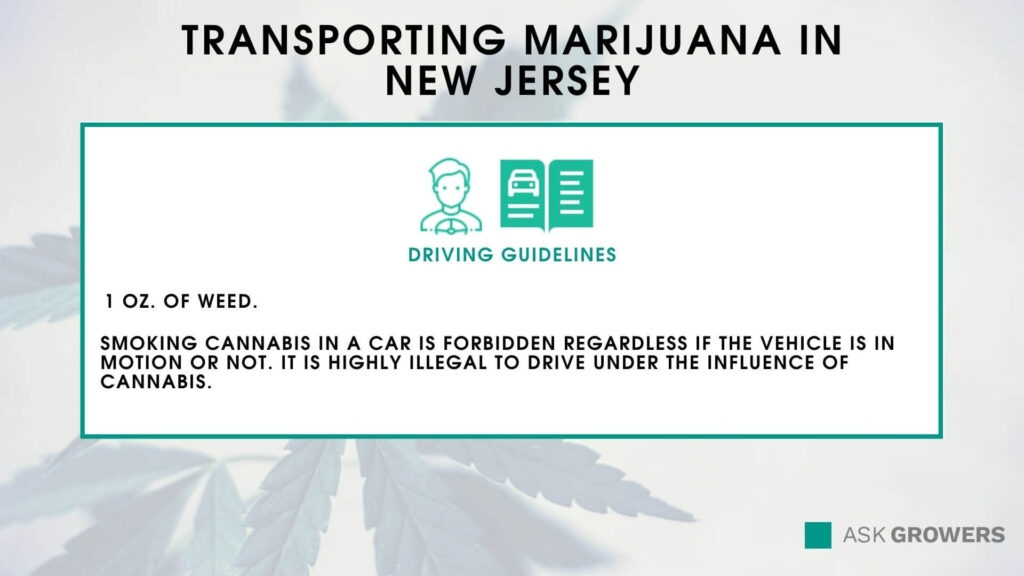
Exporting Marijuana
Exporting cannabis is a crime, even if you are traveling to the state where marijuana is legalized. Crossing the state lines with any amount of pot is illegal on a federal level. The violators will face jail time, steep fines, and criminal charges. Leave your hemp in the state and stay safe.
Growing Marijuana
The current cannabis laws prohibit cultivating weed at home, and it can be acquired only through authorized retailers licensed by the state. Since cannabis was available only for qualified patients, they were not allowed to grow the plants. The new legalization law doesn’t prohibit home cultivation, so new regulations may include guidelines that will allow personal cultivation for recreational users. The Cannabis Regulatory Commission didn’t make any comments on the matter yet.
Licensing for Growers, Manufacturers, Processors, Retailers, Etc.
Before hemp decriminalization, plant cultivation was prohibited in the state. In the near future, New Jersey has to award licenses and establish guidelines before legal marijuana goes on sale. Experts hope that the rules will not be so strict as for now.
First, the existing dispensaries will start selling legal weed, but it will take time for other retail stores to open. The demand is anticipated to outpace the supply, and multiple New Jersey marijuana growers will apply for a license. The passed bill called for the NJ regulatory marijuana commission to grant licensing priority to businesses and firms that are owned by women, minorities, and disabled veterans.
Sources
https://njmmp.nj.gov/njmmp/jsp/patientRegProcess.jsp
https://www.nj.gov/health/medicalmarijuana/
https://www.state.nj.us/treasury/taxation/marijuanasalestaxchangenotice.shtml
https://www.mpp.org/states/new-jersey/
https://norml.org/laws/new-jersey-penalties-2/
https://wikipedia.org/wiki/Cannabis_in_New_Jersey
https://www.safeaccessnow.org/new_jersey_medical_marijuana_laws

 Guides
Guides

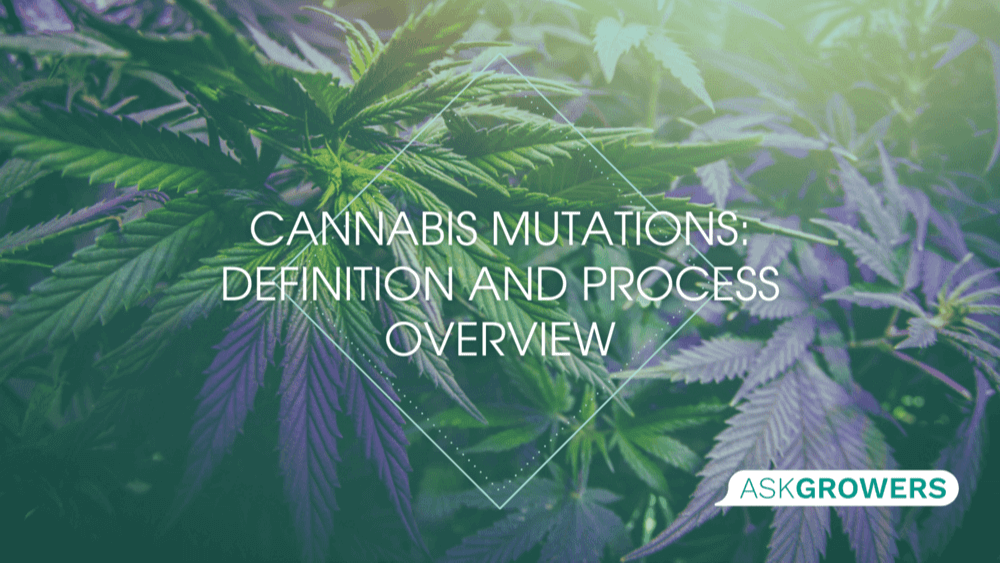
.png)
.png)
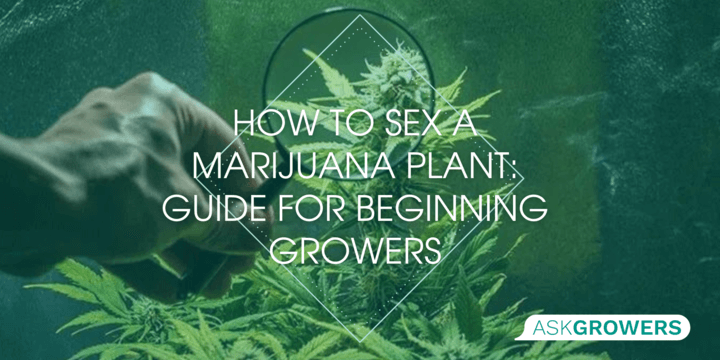
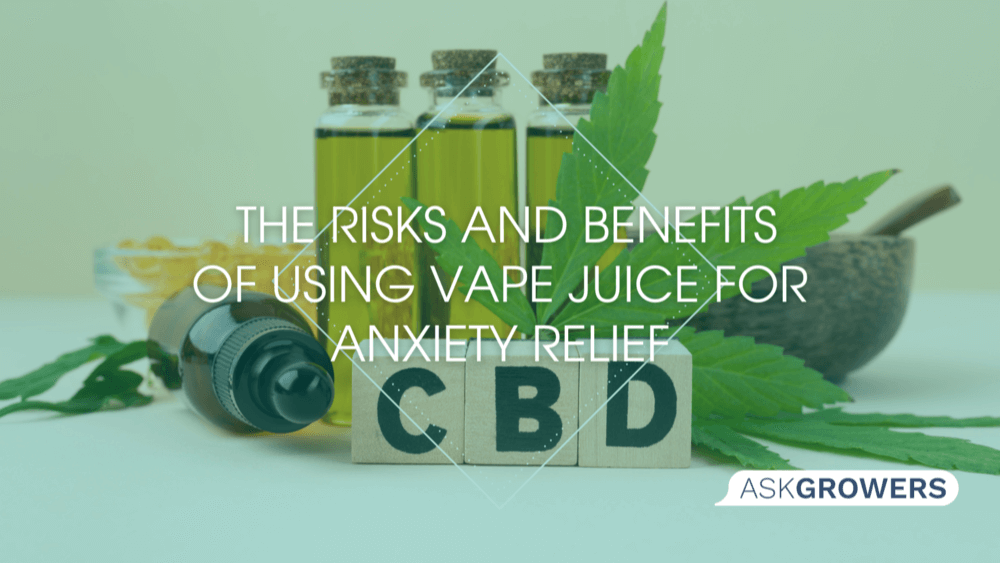
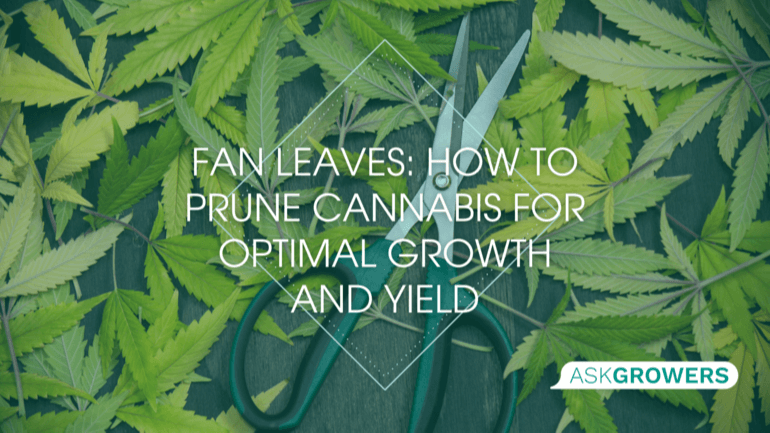
 (1).png)

.jpg)
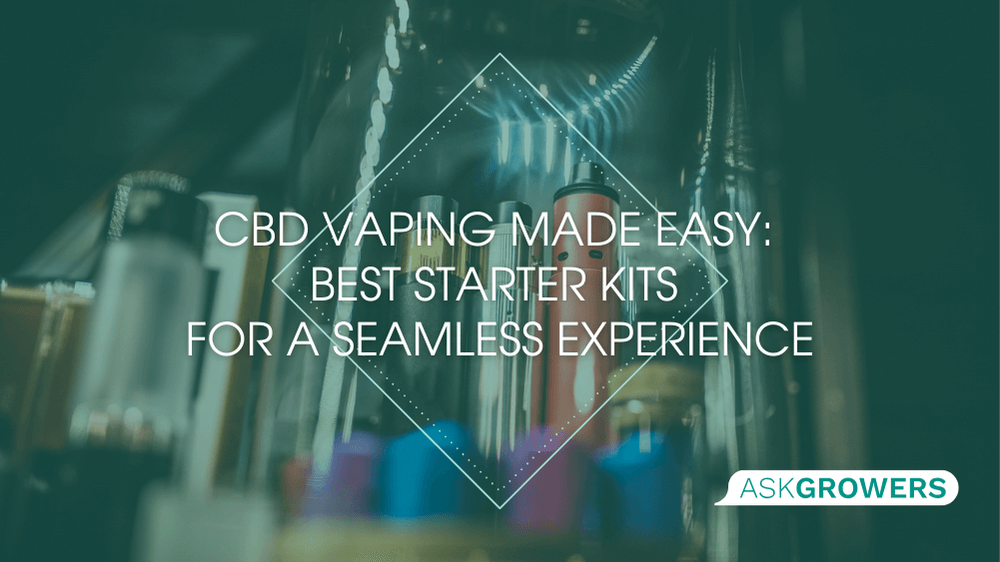
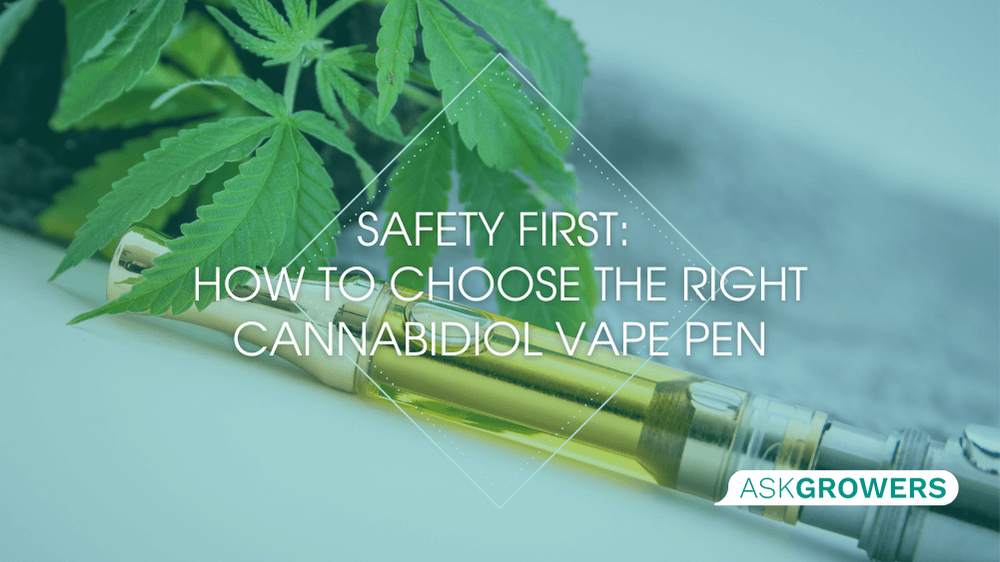
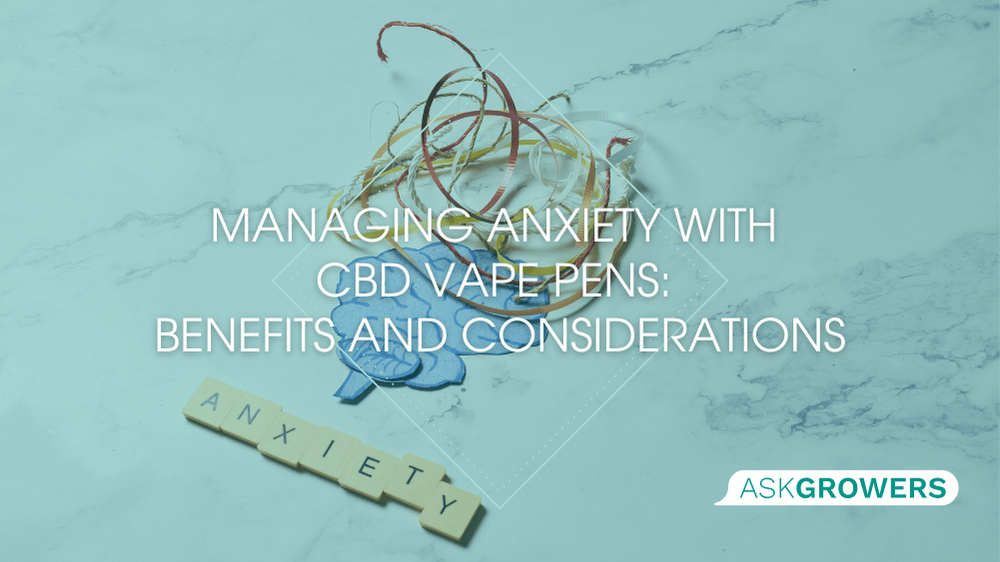
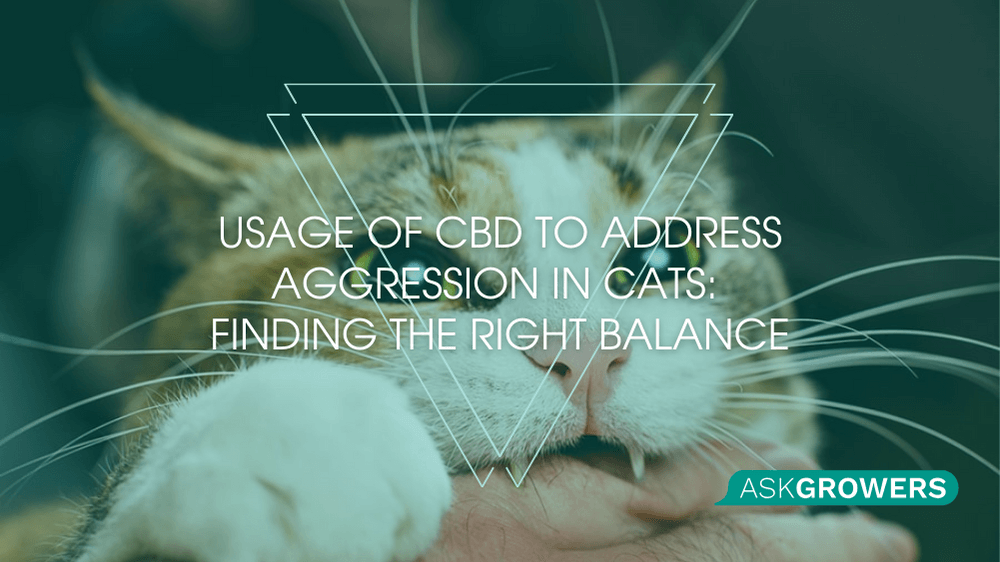
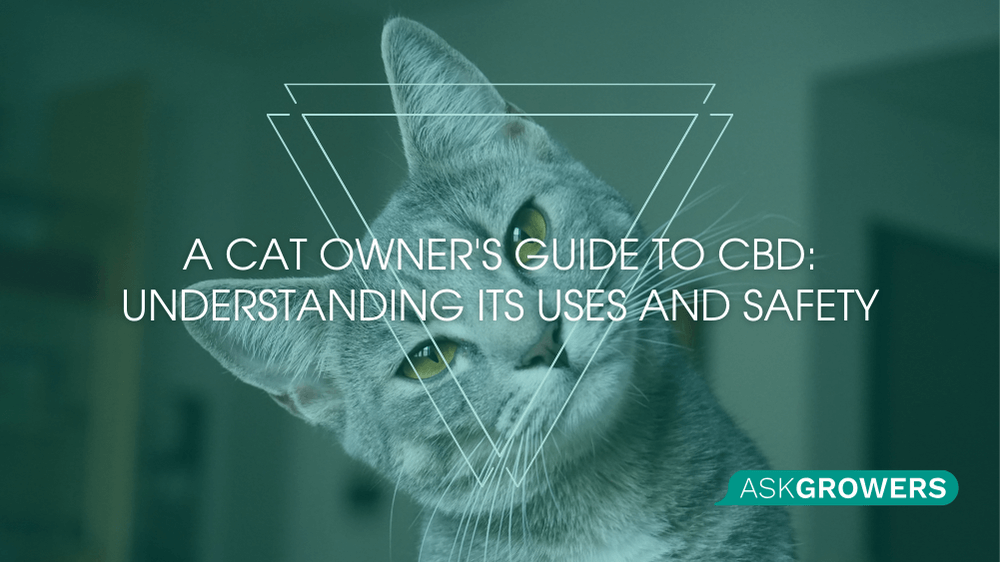
Be the first and share your opinion
Write a Review